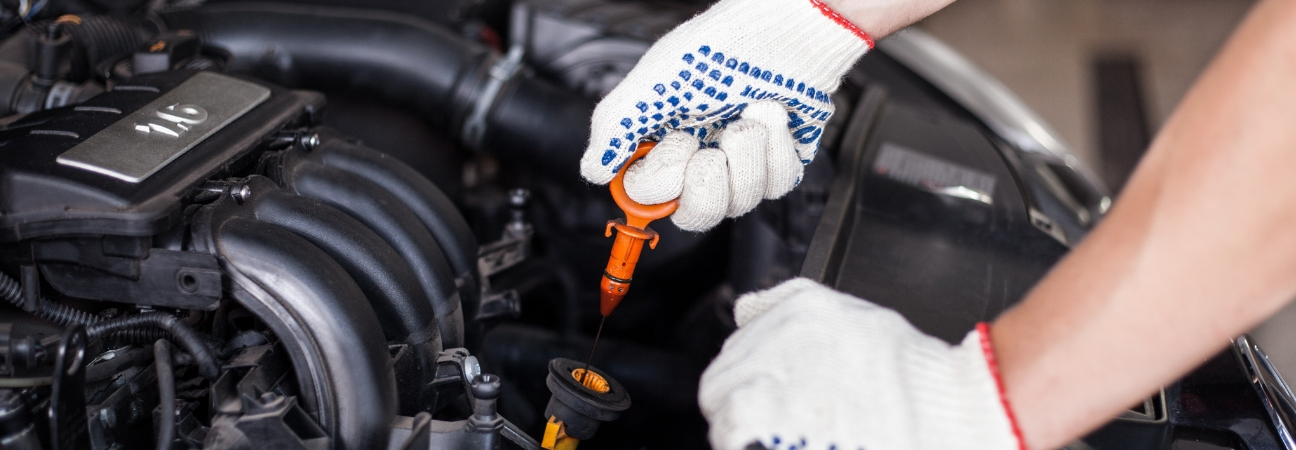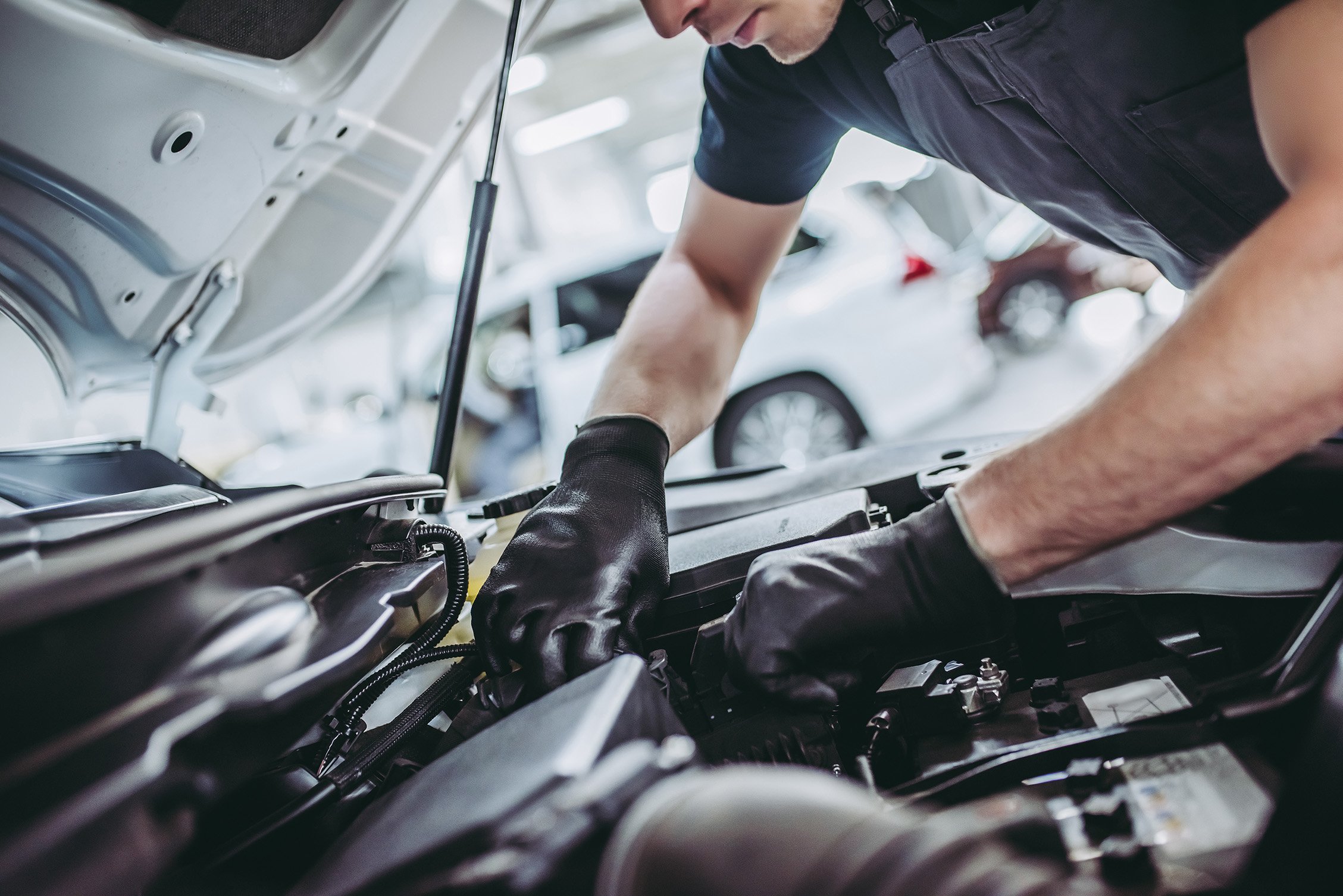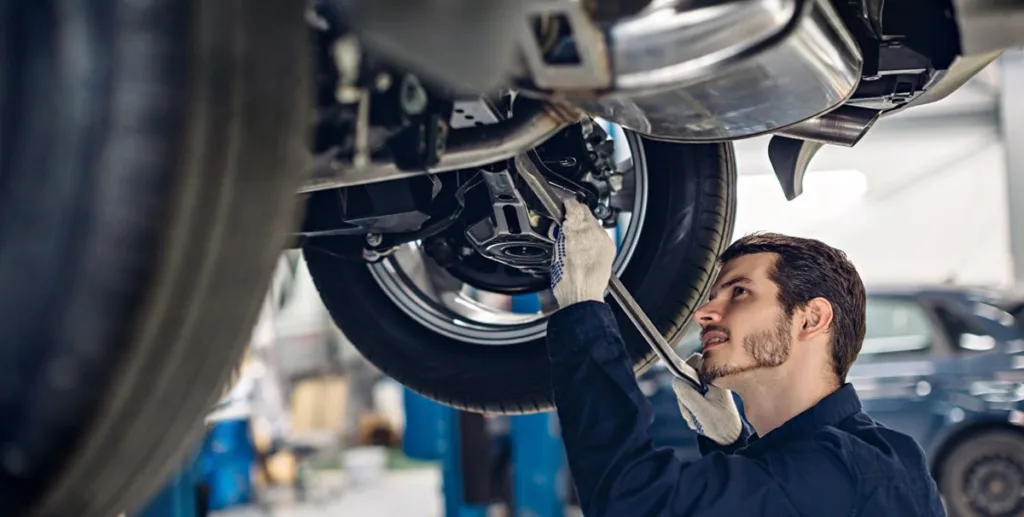All Categories
Featured
When your cars and truck overheats, it can seem like a major emergency situation, but remaining calm and complying with the right actions can stop significant engine damages and aid obtain you back when traveling securely. In this article, we'll discover what to do if your auto overheats and use preventative suggestions to decrease the danger of overheating in the future.
If Your Automobile Overheats,What to Do. Draw Over to a Safe Place The first and most crucial step if your auto begins to overheat is to pull over to a risk-free area asap. Switch on your danger lights and guide your car to the shoulder or right into a car park. Maintaining your vehicle running while it's overheated can cause serious damages to the engine, so it's critical to close the engine off right away.
Allow the Engine Cool Once you have actually securely stopped, enable the engine to cool down. You need to never attempt to open the radiator cap while the engine is still warm, as the release of vapor or warm coolant can trigger burns. Wait at the very least 15-20 mins to allow the engine temperature to go down to a safer level before proceeding.
![]()
Check the Coolant Degree After the engine has actually cooled down, check the coolant degrees by examining the storage tank or radiator. If it's low, leading it off with a mix of coolant and water (as specified by your lorry's maker) Constantly utilize caution when opening the coolant tank, as pressure may have developed.
Search For Visible Leaks While you wait for the engine to cool down, aesthetically examine the radiator, hoses, and coolant storage tank for any noticeable leakages or fractures. A dripping radiator or hose is a typical source of overheating. If you find a considerable leak, it's far better to call a tow solution than threat driving additionally and creating added damages.
Reactivate the Engine After enabling the engine to cool down and making certain the coolant is topped off, start the engine and keep track of the temperature level scale. If the temperature level proceeds to increase rapidly, it's ideal to shut the engine off and ask for roadside assistance or a tow to the closest auto mechanic.
![]()
How to avoid Overheating in the Future. Consistently Inspect Coolant Degrees One of the simplest means to stop overheating is by keeping the ideal level of coolant. Over time, coolant can evaporate, so frequently inspect the coolant levels in the reservoir. Low coolant levels can cause the engine to get too hot rapidly, so top it off as required.
Examine the Radiator The radiator plays a critical function in maintaining the engine cool. Occasionally check the radiator for any type of clogs, dirt, or particles that might obstruct air flow. If you notice any kind of indications of damages, such as rust or leaks, have it fixed or changed immediately.
Change the Thermostat and Water Pump A malfunctioning thermostat or water pump is a common cause of overheating. The thermostat controls the flow of coolant, while the water pump distributes it with the engine. It can prevent correct cooling if either component is defective. Have your mechanic examine these parts consistently and change them when required.
Flush the Air conditioning System Gradually, coolant can weaken and end up being inadequate, causing an accumulation of debris in the system. Flushing the air conditioning system every 30,000 miles, or as recommended in your vehicle's guidebook, helps to remove any sludge or build-up and ensures the cooling system is working properly.
Display the Problem of the Pipes The pipes in your lorry's air conditioning system can break or crack gradually. Examine the pipes for any kind of indications of wear, such as protruding, fractures, or leaks, and replace them if required. Stopping coolant leaks can go a lengthy way in staying clear of overheating.
![]()
Drive Properly Hostile driving, such as increasing swiftly or driving at broadband, puts added pressure on your engine and its cooling system. Try to drive at modest rates, particularly on warm days or when driving on high slopes, to reduce the possibilities of getting too hot.
Prevent Overloading Your Car Bring too much weight in your car puts stress and anxiety on the engine and air conditioning system. Constantly be mindful of your vehicle's weight limit, particularly if you're carrying heavy loads, hauling a trailer, or driving lengthy distances in hot climate.
Verdict. A getting too hot cars and truck can be a frightening experience, however recognizing how to react and avoid it can save you time, money, and prospective engine damage. Constantly inspect your coolant levels, evaluate vital elements like the radiator, thermostat, and pipes, and adhere to a normal upkeep schedule. By staying on top of your lorry's air conditioning system, you can reduce the risk of overheating and delight in a smoother, much safer driving experience.
If Your Automobile Overheats,What to Do. Draw Over to a Safe Place The first and most crucial step if your auto begins to overheat is to pull over to a risk-free area asap. Switch on your danger lights and guide your car to the shoulder or right into a car park. Maintaining your vehicle running while it's overheated can cause serious damages to the engine, so it's critical to close the engine off right away.
Allow the Engine Cool Once you have actually securely stopped, enable the engine to cool down. You need to never attempt to open the radiator cap while the engine is still warm, as the release of vapor or warm coolant can trigger burns. Wait at the very least 15-20 mins to allow the engine temperature to go down to a safer level before proceeding.

Check the Coolant Degree After the engine has actually cooled down, check the coolant degrees by examining the storage tank or radiator. If it's low, leading it off with a mix of coolant and water (as specified by your lorry's maker) Constantly utilize caution when opening the coolant tank, as pressure may have developed.
Search For Visible Leaks While you wait for the engine to cool down, aesthetically examine the radiator, hoses, and coolant storage tank for any noticeable leakages or fractures. A dripping radiator or hose is a typical source of overheating. If you find a considerable leak, it's far better to call a tow solution than threat driving additionally and creating added damages.
Reactivate the Engine After enabling the engine to cool down and making certain the coolant is topped off, start the engine and keep track of the temperature level scale. If the temperature level proceeds to increase rapidly, it's ideal to shut the engine off and ask for roadside assistance or a tow to the closest auto mechanic.

How to avoid Overheating in the Future. Consistently Inspect Coolant Degrees One of the simplest means to stop overheating is by keeping the ideal level of coolant. Over time, coolant can evaporate, so frequently inspect the coolant levels in the reservoir. Low coolant levels can cause the engine to get too hot rapidly, so top it off as required.
Examine the Radiator The radiator plays a critical function in maintaining the engine cool. Occasionally check the radiator for any type of clogs, dirt, or particles that might obstruct air flow. If you notice any kind of indications of damages, such as rust or leaks, have it fixed or changed immediately.
Change the Thermostat and Water Pump A malfunctioning thermostat or water pump is a common cause of overheating. The thermostat controls the flow of coolant, while the water pump distributes it with the engine. It can prevent correct cooling if either component is defective. Have your mechanic examine these parts consistently and change them when required.
Flush the Air conditioning System Gradually, coolant can weaken and end up being inadequate, causing an accumulation of debris in the system. Flushing the air conditioning system every 30,000 miles, or as recommended in your vehicle's guidebook, helps to remove any sludge or build-up and ensures the cooling system is working properly.
Display the Problem of the Pipes The pipes in your lorry's air conditioning system can break or crack gradually. Examine the pipes for any kind of indications of wear, such as protruding, fractures, or leaks, and replace them if required. Stopping coolant leaks can go a lengthy way in staying clear of overheating.

Drive Properly Hostile driving, such as increasing swiftly or driving at broadband, puts added pressure on your engine and its cooling system. Try to drive at modest rates, particularly on warm days or when driving on high slopes, to reduce the possibilities of getting too hot.
Prevent Overloading Your Car Bring too much weight in your car puts stress and anxiety on the engine and air conditioning system. Constantly be mindful of your vehicle's weight limit, particularly if you're carrying heavy loads, hauling a trailer, or driving lengthy distances in hot climate.
Verdict. A getting too hot cars and truck can be a frightening experience, however recognizing how to react and avoid it can save you time, money, and prospective engine damage. Constantly inspect your coolant levels, evaluate vital elements like the radiator, thermostat, and pipes, and adhere to a normal upkeep schedule. By staying on top of your lorry's air conditioning system, you can reduce the risk of overheating and delight in a smoother, much safer driving experience.
Latest Posts
Your Ultimate Guide to Bathroom Remodel Expenses in Detroit
Published Jan 05, 25
1 min read
Recognizing When Your Commercial Roof Needs a Replacement: Proactive Tips
Published Jan 04, 25
1 min read
Commercial Roofing Trends in 2024: Innovations and Emerging Technologies
Published Jan 04, 25
3 min read
More
Latest Posts
Your Ultimate Guide to Bathroom Remodel Expenses in Detroit
Published Jan 05, 25
1 min read
Recognizing When Your Commercial Roof Needs a Replacement: Proactive Tips
Published Jan 04, 25
1 min read
Commercial Roofing Trends in 2024: Innovations and Emerging Technologies
Published Jan 04, 25
3 min read